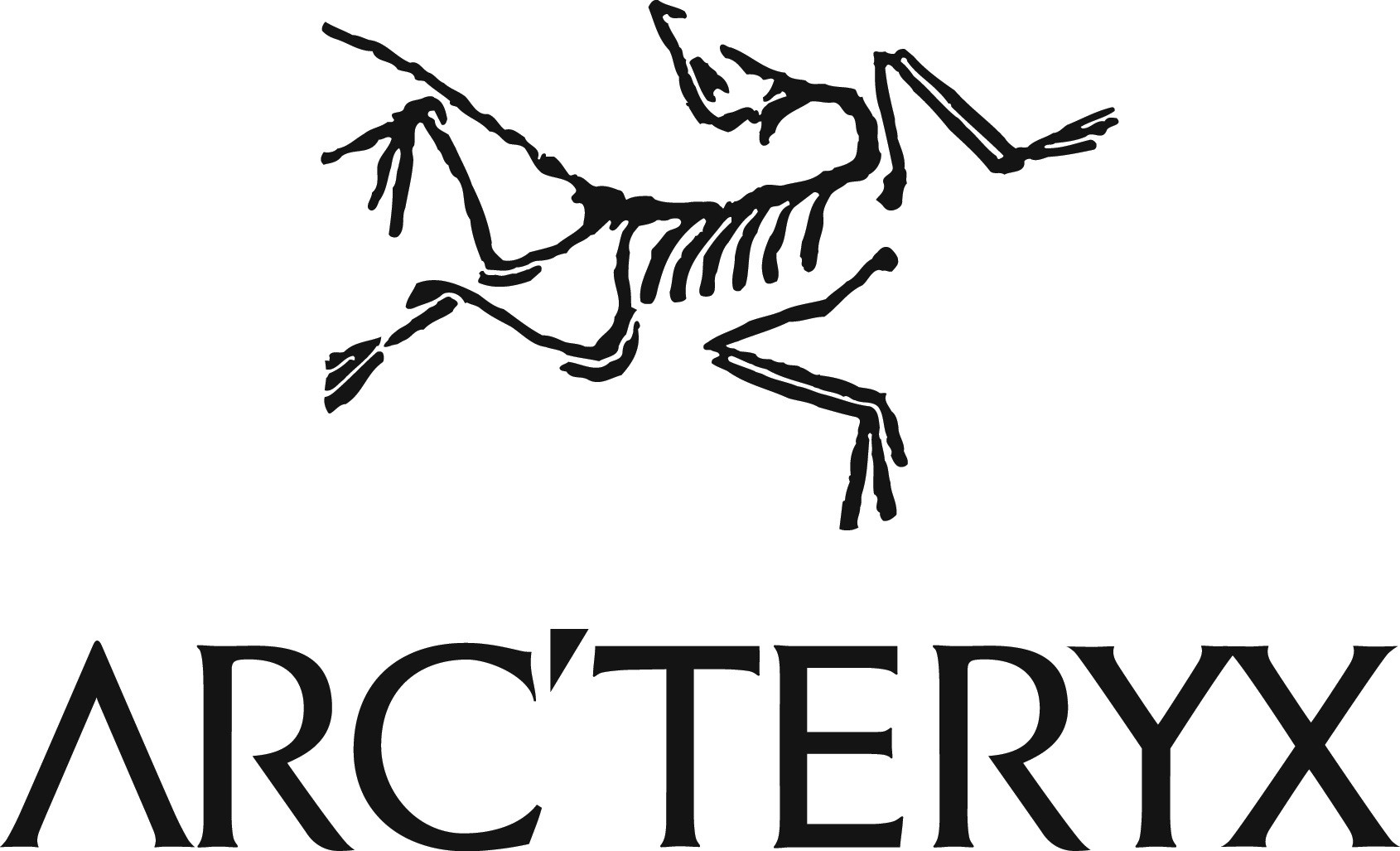Staff - Non Union Job Category M&P - AAPS Job Profile AAPS Salaried - Statistical Analysis, Level A Job Title Data Scientist Department Krahn Laboratory Division of Cardiology | Department of Medicine | Faculty of Medicine Compensation Range $6,251.00 - $8,986.00 CAD Monthly The Compensation Range is the span between the minimum and maximum base salary for a position. The midpoint of the range is approximately halfway between the minimum and the maximum and represents an employee that possesses full job knowledge, qualifications and experience for the position. In the normal course, employees will be hired, transferred or promoted between the minimum and midpoint of the salary range for a job. Posting End Date October 15, 2025 Note: Applications will be accepted until 11:59 PM on the Posting End Date. Job End Date October 10, 2026 This position is expected to be filled by promotion/reassignment and is included here to inform you of its vacancy at the University. At UBC, we believe that attracting and sustaining a diverse workforce is key to the successful pursuit of excellence in research, innovation, and learning for all faculty, staff and students. Our commitment to employment equity helps achieve inclusion and fairness, brings rich diversity to UBC as a workplace, and creates the necessary conditions for a rewarding career. Job Summary As a member of the Hearts in Rhythm Organization (HiRO) Research Team, the National Research Data Scientist provides advanced analytics and data-science services for the National HiRO Registry and Biobank while overseeing data quality, governance, and facilitation of data requests. Building on domain knowledge of cardiology registry structure and multimodal sources (electronic health records [EHR], clinical notes, imaging, and genomics), the role develops and validates predictive models, improves data integrity, and generates actionable insights that inform research and clinical decision support across Canada. Organizational Status The HiRO Research UBC/Vancouver team provides the research infrastructure for both the local site with related enrolment, and the National HiRO Registry as the Coordinating Center. The National Research Data Scientist reports directly to Dr. Andrew Krahn and will work closely with the National HiRO Regulatory Coordinator, and two National HiRO Research & Site Coordinators. Work Performed Advanced Analytics & Modeling Lead statistical and machine‑learning (ML) analyses that integrate EHR, genetic, and cardiac imaging datasets for risk stratification, phenotype classification, and outcome prediction. Create publication‑ready figures and dashboards that communicate results to clinicians, investigators, sponsors, and collaborators. Apply domain knowledge of cardiology, inherited cardiac conditions, and the HiRO registry to guide feature engineering; partner with clinicians to interpret model outputs and validate predictions against clinical gold standards. Registry Oversight & Data Integration Manage and optimize the National HiRO Registry database with the database programmer, ensuring scalability, integrity, and compliance. Design and implement robust data export, migration, and integration strategies for multi‑site studies, including privacy‑compliant handling of large imaging and files. Develop and maintain metadata standards, variable dictionaries, and harmonization protocols to support consistent multi‑site ingestion and analysis. Data Quality & Automation Implement validation rules, anomaly detection, and iterative QA with site coordinators to identify and resolve missing or inconsistent data. Develop reproducible scripts and tools to reduce manual workload (e.g., automated queries, QC reports, and interactive dashboards in PowerBI or Python/R). Collaboration, Training & Research Support Partner with investigators on analysis plans and study design; coordinate consults with biostatisticians as needed. Provide analytic support and mentorship to trainees and collaborating sites; review code and outputs for accuracy and reproducibility (version control, documentation). Facilitate cross‑institutional data requests in accordance with privacy impact assessments, REB requirements, and applicable legislation. Consequence of Error/Judgement Lack of careful attention to regulatory guidelines and approvals could suspend Investigator/physician and hospital/University as a site for further clinical research and/or funding. The performance of research projects must strictly conform to appropriate regulations: 1) personal: maintaining professional behavior and respect for subjects and staff 2) local: the UBC Clinical Research Ethics Board 3) Provincial: B.C. Privacy Act, and 4) The University of British Columbia (UBC) Office of Biobank Education and Research (OBER) and CTRNet (http://ctrnet.ca) 5)Federal: Health Canada, International Conference on Harmonization, Tri-Council Policy Statement, Good Clinical Practice. Supervision Received Works independently. Reports to the PI. Supervision Given May give direction and training to other staff and students. Minimum Qualifications Post-graduate degree in Statistics. Minimum of two years of related experience in research analysis, or the equivalent combination of education and experience. - Willingness to respect diverse perspectives, including perspectives in conflict with one’s own - Demonstrates a commitment to enhancing one’s own awareness, knowledge, and skills related to equity, diversity, and inclusion Preferred Qualifications Graduate‑level training (e.g., Data Science, Biostatistics, Bioinformatics, Epidemiology, Computer Science) strongly preferred. Demonstrated experience applying statistical/ML methods in healthcare or biomedical research; proficiency with Python/R and SQL (MySQL/PostgreSQL); familiarity with scikit‑learn; experience with PowerBI or equivalent visualization tools. Experience with natural language processing (NLP) for clinical text and/or deep learning for imaging/time‑series is an asset; comfort with command‑line tools (e.g., macOS Terminal) and reproducible research practices (version control, environments). Domain knowledge working with EHR and clinical registries (cardiology preferred); ability to translate clinical concepts into analytic features and interpret model outputs. Knowledge of data governance in healthcare, including privacy laws, ethics review processes, secure file transfer, and role‑based access. Excellent project management, communication, and writing skills; ability to translate complex analytic results into clear, actionable insights for diverse stakeholders. Meticulous attention to detail; ability to manage multiple priorities; tact and discretion with confidential and sensitive information. Proven ability to develop credibility and effective working relationships with faculty, staff, and other relevant stakeholders. Knowledge of UBC policies and procedures, and an understanding of the University's organizational structure and governance. Excellent written and verbal communications skills. Ability to take complex, scientific information and translate into clear and succinct language for a broader audience. Ability to work with a team and independently. Demonstrated ability to be thorough, accurate, and have a high level of attention to detail. Ability to effectively manage multiple tasks and priorities. Ability to exercise tact and discretion when handling confidential and sensitive information. The University of British Columbia is a global centre for research and teaching, consistently ranked among the top 20 public universities globally. A large part of what makes us unique is the community of engaged students, faculty, and staff who are collectively committed to shaping a better world. Recognized as a leading employer in British Columbia and Canada, UBC supports inspired students, faculty and staff on their journey of discovery, and challenges them to realize their greatest potential. New ideas, changing infrastructure, innovative technology, and fresh approaches are opening up possibilities for the future of research, teaching, and work. Are you ready to embrace the future together? Equity and diversity are essential to academic excellence. An open and diverse community fosters the inclusion of voices that have been underrepresented or discouraged. We encourage applications from members of groups that have been marginalized on any grounds enumerated under the B.C. Human Rights Code, including sex, sexual orientation, gender identity or expression, racialization, disability, political belief, religion, marital or family status, age, and/or status as a First Nation, Metis, Inuit, and/or Indigenous person. All qualified candidates are encouraged to apply; however Canadians and permanent residents will be given priority. If you have any accommodation or accessibility needs during the job application process, please contact the Centre for Workplace Accessibility at workplace.accessibility@ubc.ca.







